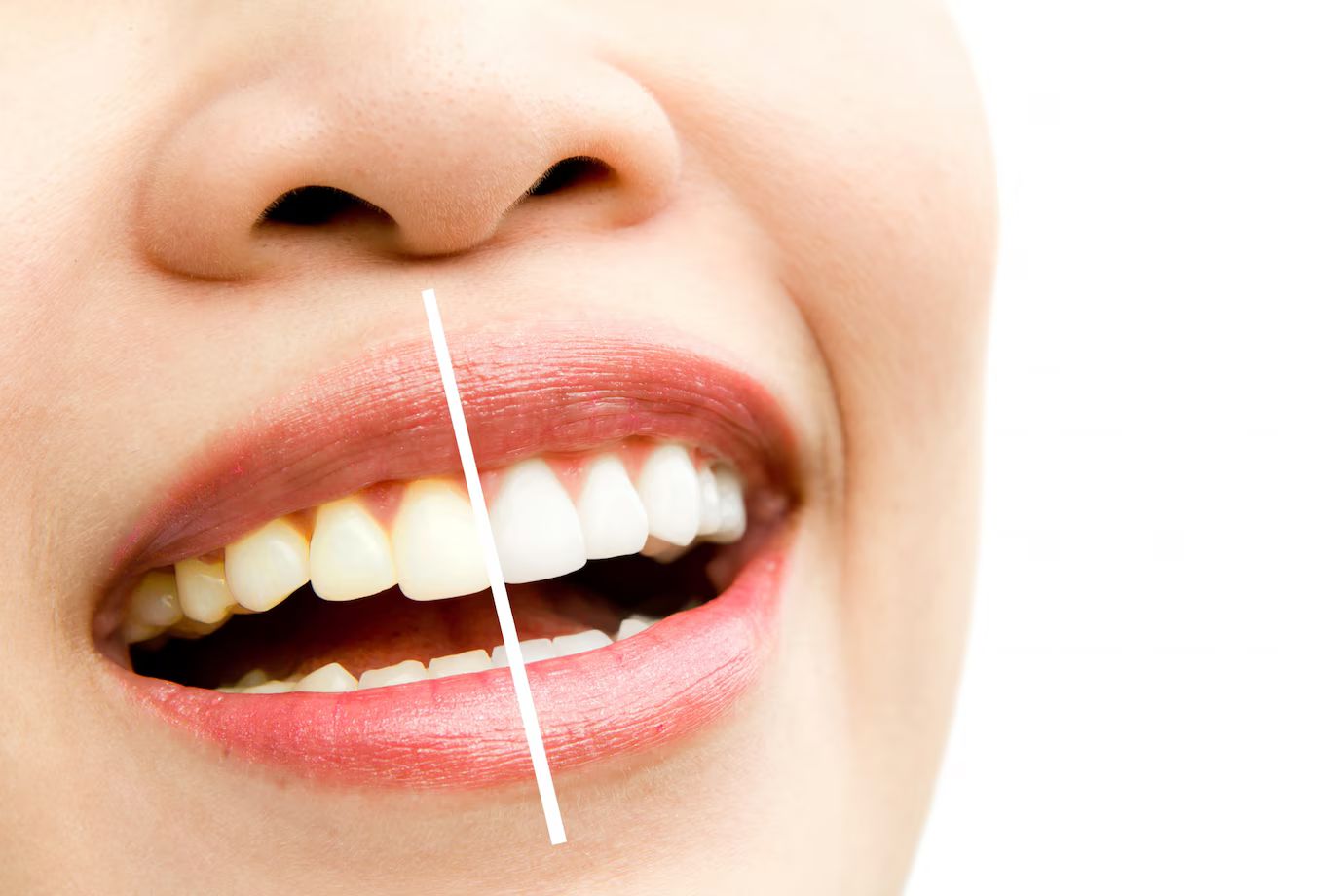Coffee and tea are daily staples for many people, but these habits often leave stains on teeth, dulling the brightness of a smile. The tannins in coffee and tea can adhere to tooth enamel, causing yellowish or brown discoloration. While these stains are not medically harmful, they can impact confidence. Solutions range from simple home remedies to professional dental treatments, with herbal-based natural alternatives becoming increasingly popular for their safety and effectiveness.
Whitening Toothpaste
The first step to reduce coffee and tea stains is maintaining proper oral hygiene by brushing regularly. Using toothpaste with whitening agents like baking soda or hydrogen peroxide can help remove surface stains. Baking soda is known for its mild abrasive properties, effectively lifting stains without damaging enamel. Brushing with such toothpaste twice a day can gradually restore your teeth’s natural color. Additionally, flossing regularly can help remove plaque residue trapped between teeth.
Herbal Dental Mask
In addition to whitening toothpaste, herbal-based solutions are gaining popularity. One innovation from Universitas Gadjah Mada (UGM) is the Herbal Dental Mask, a natural tooth mask made with herbal ingredients. This product uses extracts such as mangosteen peel, siwak, and betel leaf, known for their antibacterial and natural whitening properties. Mangosteen peel contains antioxidants that help reduce stains, while siwak and betel leaf have long been recognized for promoting oral and dental health. With regular use, UGM’s Herbal Dental Mask can restore the natural whiteness of teeth without the harsh side effects of chemical treatments.
Oil Pulling and Fruit Consumption
Home remedies like oil pulling with coconut oil can also be effective. This technique removes bacteria and debris from the mouth and gradually fades stains on teeth. Additionally, consuming fruits like strawberries, which contain malic acid, can help whiten teeth naturally. However, acidic substances should be used cautiously to avoid enamel erosion with excessive use.
Professional Treatments
For those seeking faster results, professional treatments at dental clinics, such as laser whitening or bleaching gels, are available. However, natural alternatives like the Herbal Dental Mask offer a safer and more affordable option, particularly for individuals looking to avoid chemical agents. Using eco-friendly, natural ingredients aligns with sustainability principles and reduces the risk of long-term side effects.
Preventive Measures
Preventive steps are equally important. Reducing coffee and tea consumption or using a straw to minimize direct contact with teeth can help prevent staining. Rinsing your mouth with water after consuming coffee or tea can also clear residue before it adheres to the teeth.
By adopting these preventive measures and using herbal-based treatments like the Herbal Dental Mask, you can maintain a bright and healthy smile without worrying about the adverse effects of chemical products. This approach supports the Sustainable Development Goals (SDGs), particularly Goal 3: Good Health and Well-being and Goal 12: Responsible Consumption and Production.
Author: Rizky B. Hendrawan | Photo: Freepik

